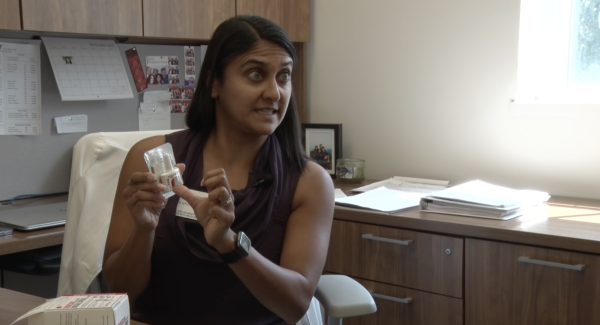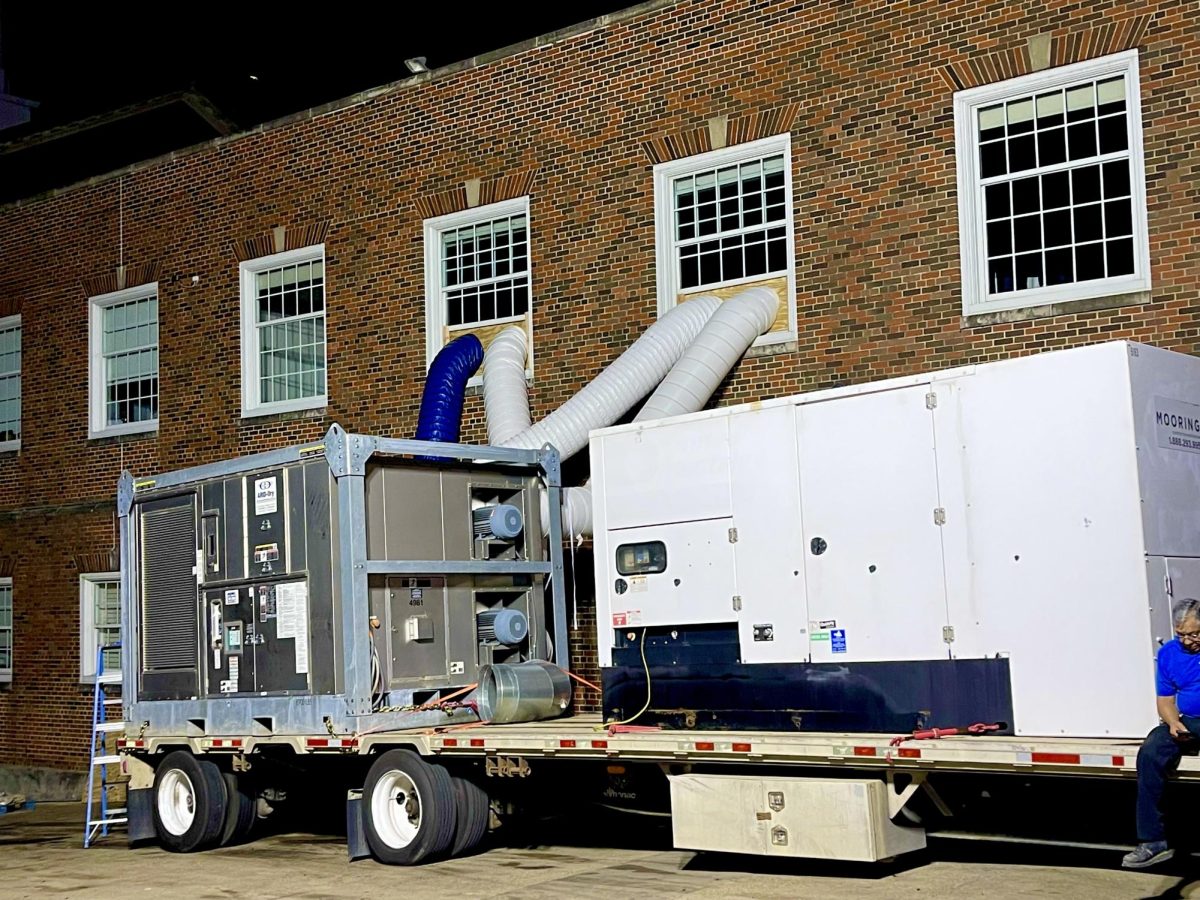Senior Macie Soderquist started carrying Narcan with her last spring after watching her close friend struggle with drug abuse.
“It made me really nervous with the rate of drugs being laced with fentanyl,” Soderquist said. “I wanted to have it so that in the case of an overdose I could potentially save her life.”
Narcan can reverse an opioid overdose by binding to opioid receptors in the brain.
Soderquist acknowledged that students are going to use drugs despite the risks, but that education about Narcan is important.
Texas lawmakers agree.
A new bill, Texas SB 867, puts Narcan in colleges and universities statewide. The bill, which took effect in June, “adds institutions of higher education to the list of entities eligible to receive opioid antagonists through an existing program,” according to the Texas Pharmacy Association.
Overdose deaths have skyrocketed in the last five years, according to a recent study by The New England Journal of Medicine. Overdose-related fatalities reached a 12-month record of 110,360 deaths in the United States in March 2022. Researchers found this sudden spike in deaths resulted from an increase in synthetic opioid use during the pandemic.
This increase was associated with feelings of isolation and a lack of mental health resources, according to a study by the National Library of Medicine. Researchers saw changes in the way people were using drugs to combat the darkness of the pandemic.
Students on SMU’s campus have jumped into action to try to educate others about the dangers of fentanyl poisoning. Senior Anjali Gonuguntla is working to make the opioid antagonist more accessible to students on campus and hopes to make Narcan training readily available at SMU.
Talking to students about drug awareness can be challenging, Gonuguntla said.
“I think that when it comes to drugs in general a lot of students don’t want to talk about it. It’s a very taboo topic,” she added. “But being prepared is better than ignoring the problem.”
Knowing how to use it in an emergency is essential, said Dr. Arthi Krishnan from the Dr. Bob Smith Health Center.
“In an opioid overdose, time is of the essence. That is why it’s very important to train students and other personnel about how an opioid overdose looks and how to administer the Narcan,” Dr. Krishnan said.

The FDA approved Narcan for over-the-counter sale in Texas in April. Gonuguntla and other students are working alongside Student Senate to explore how to make Narcan available to students on campus. Peer institutions like Baylor and the University of Texas at Austin have implemented various programs like virtual Narcan training and stocking Narcan in residence halls.
The Dr. Bob Smith Health Center and all SMU PD vehicles are stocked with Narcan. All SMU PD officers undergo annual training on how to administer Narcan and how to recognize an opioid overdose, said SMU Police Chief Jim Walters.
SMU PD has only had to use Narcan once in an emergency response, a university spokeswoman said.
SMU is exploring best practices related to offering Narcan on campus before implementing any new programs, a university spokeswoman said.
“Student health, wellbeing and safety are key priorities for SMU,” she added.
Gonuguntla emphasized the university’s support in addressing this issue.
“They’re eager to get started and work to keep students safe,” she said.
Soderquist is enthusiastic about the idea of Narcan on campus.
“It would be so beneficial to SMU students because it will keep the community safe,” she said.






















